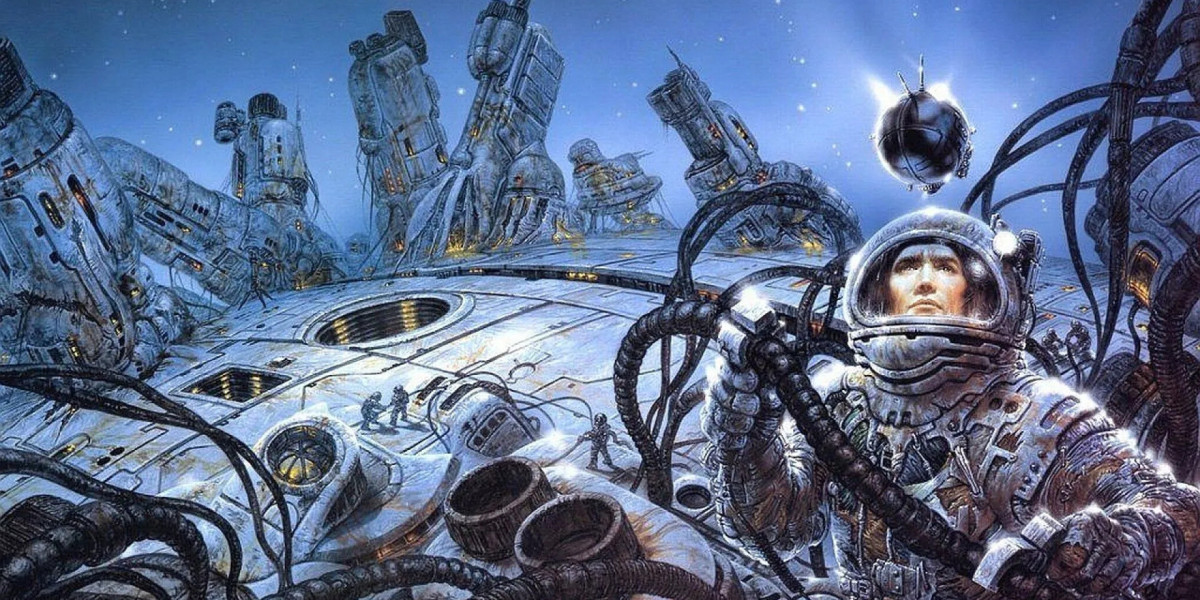This genre transports readers and viewers to futuristic worlds, distant planets, and alternate realities where they embark on journeys filled with excitement and discovery. The essence of science fiction adventures lies in their ability to push the boundaries of reality, offering a rich tapestry of narratives that combine advanced technology, extraterrestrial life, and heroic quests. Through these adventures, audiences are invited to explore the limitless possibilities of the universe.
The Appeal of Science Fiction Adventures
The appeal of science fiction adventures stems from their unique ability to blend speculative concepts with engaging plots. These stories often feature intrepid protagonists who face extraordinary challenges, whether it's battling alien species, navigating complex space missions, or uncovering hidden truths about the cosmos. The genre’s inherent sense of wonder and exploration taps into our collective curiosity about the unknown, making it both entertaining and thought-provoking. By presenting imaginative scenarios and futuristic technologies, science fiction adventures stimulate the imagination and offer escapism from the mundane aspects of everyday life.
Key Elements of Science Fiction Adventures
A hallmark of science fiction adventures is their incorporation of advanced technology and speculative elements. These stories frequently introduce futuristic gadgets, space travel, and alien civilizations, creating a backdrop for high-stakes adventures. The characters in these narratives are often pioneers, scientists, or explorers who confront unprecedented challenges and uncover new realms of knowledge. The ultimate goal of these adventures is to push the limits of what is possible, blending scientific curiosity with the excitement of discovery and conflict.
Influential Works and Authors
Many influential works have defined the genre of science fiction adventures, shaping its development and popularity. Classic examples include H.G. Wells’ "The War of the Worlds" and Arthur C. Clarke’s "2001: A Space Odyssey," both of which set the standard for adventurous narratives in speculative fiction. More contemporary examples include the "Star Wars" franchise and the "Dune" series by Frank Herbert, both of which have made significant impacts on the genre. These works are celebrated for their innovative storytelling and complex world-building, offering rich and immersive experiences for their audiences.
The Evolution and Impact
Science fiction adventures have evolved significantly over the years, incorporating advancements in technology and shifts in cultural attitudes. The genre continues to reflect our fascination with space exploration and technological innovation, often serving as a mirror to contemporary issues and aspirations. By exploring themes such as artificial intelligence, space colonization, and the ethics of scientific progress, science fiction adventures provoke thought while entertaining. This evolution underscores the genre’s ability to adapt and remain relevant, offering new perspectives on the future and our place within it.
Conclusion
In conclusion, science fiction adventures captivate audiences with their imaginative exploration of futuristic worlds and thrilling escapades. Through their blend of advanced technology, speculative elements, and heroic quests, these stories offer both entertainment and insight into our understanding of the universe. As the genre continues to evolve, it remains a testament to the boundless possibilities of human imagination, inviting readers and viewers to embark on extraordinary journeys that challenge the limits of reality.



